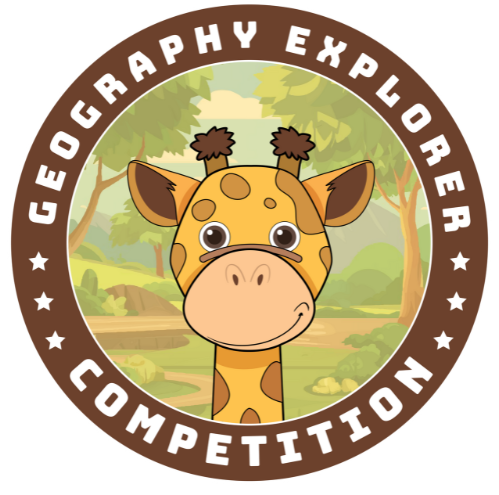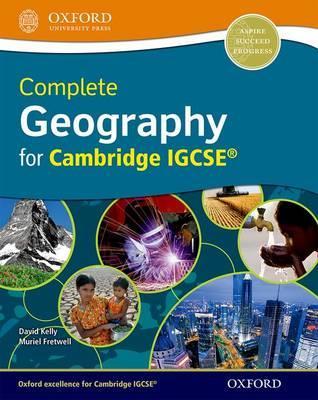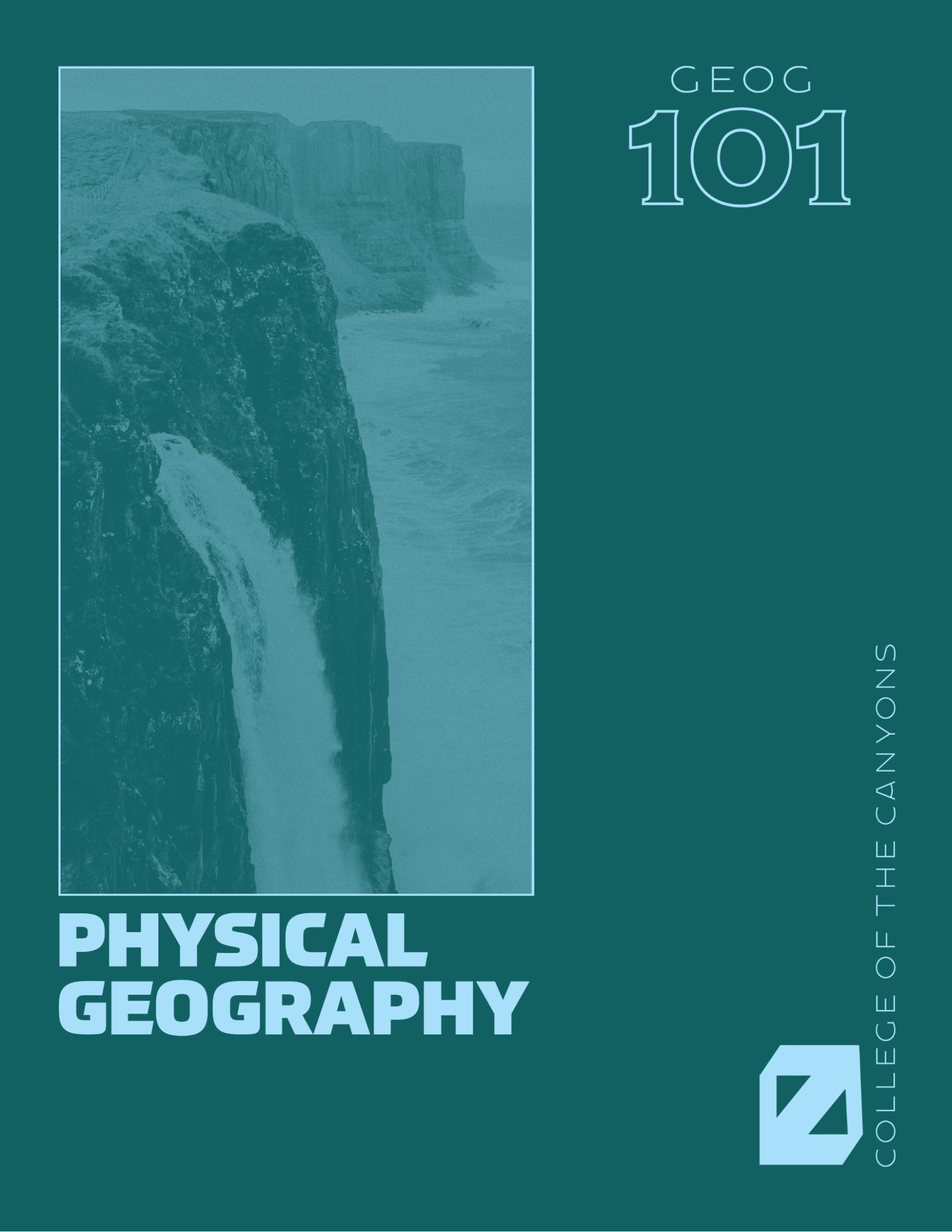
MALAYSIAN GEOGRAPHY OLYMPIAD
INTRODUCTION
The Malaysian Geography Olympiad (MyGeo) is indeed an annual national competition in Malaysia, specifically tailored for secondary school and pre-university students. The primary aim of MyGeo is to provide a platform for students to showcase and enhance their knowledge in geography. The competition serves as a means to identify and assess the top-performing students in the field, ultimately selecting the top four participants who will go on to represent Malaysia in the International Geography Olympiad (iGeo).
The International Geography Olympiad (iGeo) is a prestigious global competition that brings together young geography enthusiasts from various countries. It is an opportunity for students to engage in challenging geographical problem-solving and showcase their skills on an international stage. By participating in MyGeo, students not only compete at the national level but also have the chance to represent Malaysia and compete with students from around the world at iGeo.
Participants who take part in this year’s Malaysian Geography Olympiad (MyGeo) might get the chance to represent Malaysia in the International Geography Olympiad (iGeo) happening in August 2024 in Dublin, Ireland.
OBJECTIVES
- Knowledge Enhancement: To deepen your understanding of geography, explore diverse geographical topics, and acquire knowledge beyond the standard curriculum.
- Skill Development: To hone critical thinking, analytical, and problem-solving skills through the application of geographical concepts in real-world scenarios, both in written assessments and practical fieldwork.
- Competition Experience: To gain experience in a competitive environment, challenge yourself academically, and foster a spirit of healthy competition among peers with similar interests.
- Networking and Cultural Exchange: To connect with like-minded individuals who share a passion for geography, engage in cultural exchanges, and build a network within the academic community.
- Opportunity for International Representation: To strive for the chance to represent Malaysia at the International Geography Olympiad (iGeo), showcasing your skills on a global stage, meeting students from different countries, and experiencing diverse perspectives in the field of geography.
SYLLABUS
Examines the long-term patterns and variations in weather conditions, focusing on factors such as temperature, precipitation, and wind. Climate change explores shifts in these patterns over time, often attributed to human activities leading to global warming and environmental impacts.
Addresses natural and human-induced disasters, such as earthquakes, floods, and industrial accidents, emphasizing strategies to mitigate risks, enhance preparedness, and respond effectively to emergencies.
Explores the distribution, utilization, and sustainability of natural resources, including water, minerals, and energy. Resource management involves strategies for responsible extraction, conservation, and equitable distribution.
Investigates the relationship between human activities and the environment, with a focus on promoting sustainable practices that balance economic, social, and ecological considerations to meet current needs without compromising future generations.
Studies the physical features of the Earth’s surface, their origin, and human interactions with the landscape. Land use involves the planning and allocation of space for activities such as agriculture, urbanization, and conservation.
Examines the spatial distribution of agriculture and its impact on food production, addressing issues like food security, land use efficiency, and the challenges associated with feeding a growing global population.
Focuses on the distribution, density, and demographic characteristics of human populations, exploring factors influencing population growth, decline, and migration patterns.
Analyzes the spatial organization of economic activities, trade patterns, and the interconnectedness of global economies through processes like globalization, which involves the increasing integration and interdependence of nations.
Investigates disparities in economic development, infrastructure, and quality of life among regions and countries. Development geography aims to understand and address spatial inequalities through policies and initiatives.
Studies the structure, function, and development of cities, with a focus on revitalizing urban areas through renewal projects and effective urban planning to create sustainable, livable environments.
Explores the geographical aspects of tourism, including destinations, impacts on local communities, and sustainable tourism management practices to balance economic benefits with environmental and cultural preservation.
Examines the relationships between culture, space, and identity, focusing on how cultural practices shape and are shaped by specific geographic locations, contributing to the development of regional identities and landscapes.




